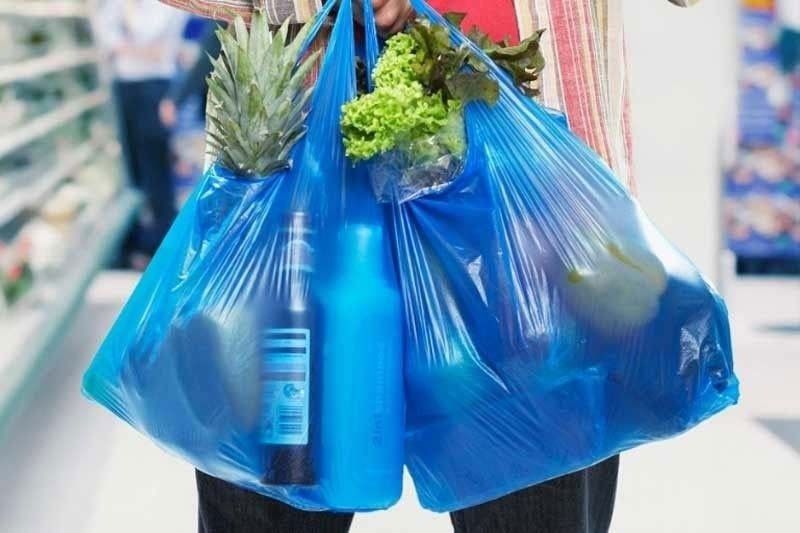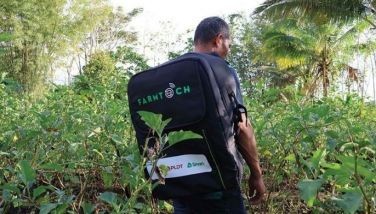Excise tax on single-use plastics to yield P34 billion

MANILA, Philippines — The move to slap excise taxes on single-use plastics is seen generating P34 billion for the government and curbing the increasing mismanagement that contributes to overall pollution.
As part of its refined priority tax measures, the Department of Finance (DOF) is pushing for the excise tax on single-use plastic bags to raise P33.86 billion in additional funds over the next five years.
Finance Undersecretary Karlo Adriano said the measure seeks to curb the high volume of mismanaged plastics and serve as the country’s contribution to the global movement of reducing pollution and adopting more sustainable practices.
“When a good has some negative externalities, meaning the consumption or use of a product causes some social cost, we try to regulate that through taxation,” Adriano said.
“In the case of single-use plastic, the social cost is mismanaged waste, which is related to climate change,” he said.
The Finance department is proposing a weight-based rate for better tax administration with a P100-per-kilogram excise tax on single-use plastic bags.
The proposal covers single-use plastic bags that are not recyclable such as “ice”, “labo” or ”sando” bags (with or without handles).
The Philippines has one of the cheapest tax rates per bag of single-use plastics at P0.40.
With the excise tax, this would increase to P0.82 per piece for ‘labo’ bags and up to P0.91 for ‘sando’ bags.
A four percent annual indexation beginning the third year of implementation is also part of the proposal.
The DOF proposal is similar to pending bills at the House of Representatives and the Senate, which was sponsored by Sen. Joel Villanueva.
Sen. Raffy Tulfo has also filed a related measure but his proposal only imposes P20 per kilo on single-use plastics, resulting in just P8.64 billion in extra revenues for the government.
The excise tax also aims to cut down on plastic consumption.
The DOF estimates that the levy would result in as much as 26 percent reduction in volume.
According to the World Bank, the Philippines is the third largest contributor of mismanaged plastic entering the ocean each year with 750,000 metric tons.
It noted that the country’s vulnerability to climate change puts it at risk of losing 13.6 percent of its economic output by 2040 if not addressed.
- Latest
- Trending



























